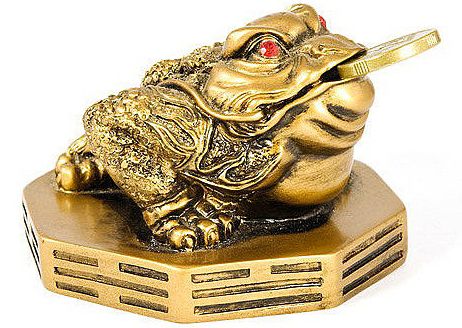
“Corruption is a disease caused by witchcraft” – this is the definition offered to us by Ozhegov's dictionary.
Because our ancestors, decades and hundreds of years ago, strongly believed in magic and witchcraft, they devised numerous ways to protect themselves from curses and the evil eye. We still use some of these methods without thinking.
A pregnant bride's mother would tie a red sash or ribbon under her dress to ward off the evil eye and any curses cast on her or her unborn child. That's why the bride's veil and the curtains on the windows in the house are meant to ward off the evil eye. It's said that a purple or red woolen thread tied around the wrist can ward off curses (even before they've been cast).
Protection from the evil eye and damage varies significantly in different countries.
In Greece, many superstitious people carry a bat bone in their pocket or purse to ward off the evil eye. Another amulet to ward off the evil eye is a blue bead with a pupil painted on it, attached to clothing. In England, a peacock feather is considered the best protection against the evil eye, while in Italy, it is considered a symbol of the evil eye, and a horn-shaped pendant protects against it.
We associate the evil eye, or rather, its prevention, with a simple action: if someone starts praising us (or a loved one), or if we say something good about ourselves, we spit over our left shoulder three times, knock on wood three times, and say, “So that I don't jinx it.” For many, this formula already works automatically, so deeply ingrained is our fear of the evil eye, nurtured over centuries.
Try not to give out your photographs – if desired, they can be used as a very powerful energy channel for inducing damage.
Psychologists advise talking less about your successes and achievements, especially to people you don't know well. And also, believing less in omens and witchcraft. Sometimes people so fervently believe that a needle they found on their doorstep is a sign of a curse that they actually begin to ache and wither, and everything falls out of their hands. But in reality, it turns out they accidentally dropped the needle, and the pain was caused by self-hypnosis.
How to get rid of damage?
There are many different ways to remove a curse, but many of them involve witchcraft, which is generally best avoided by the average person. Therefore, in this article, I will only cover what is readily available to anyone.
So, to get rid of a curse, you should seek the help of the Church. Any priest will definitely help you – they will tell you what prayers to read (there are special ones for curses) to cleanse yourself, give you holy water, or bless your home.
Limit the number of people who enter your home to the bare minimum, and avoid being seen in public as much as possible during the cleansing. Say prayers and be sure to wear a cross. Thoroughly tidy up your home, and place anything you find that doesn't belong to you in a separate bag and throw it away (or better yet, burn it) away from your home.
You can use charmed water – pour a glass into a bath with regular water before washing, drink three sips of charmed water three times a day and recite prayers or special spells (the one who will charm the water for you will provide you with them).
And under no circumstances should you run to a sorcerer to cast a spell in return (even if you know exactly who “bestowed” such attention on you)—it will only make things worse. It's better, as church officials say, to pray for the person's health and try to forgive them. Don't take this sin upon yourself!





